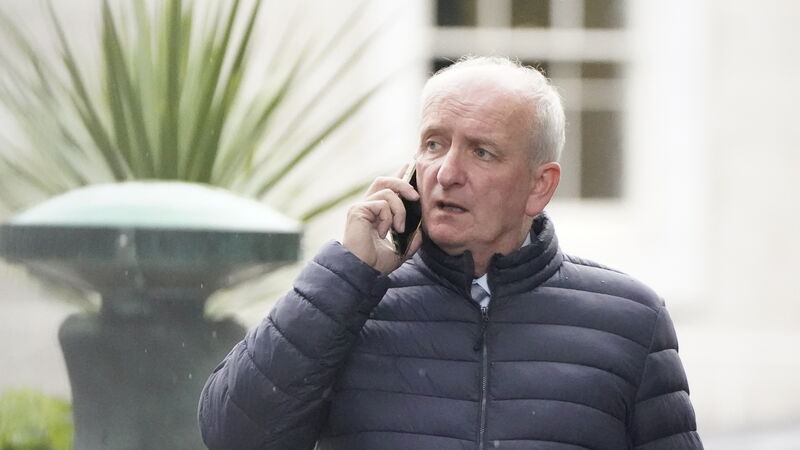CEO rejects accusation that HSE is 'bunch of wasters with public money'

Bernard Gloster also said on Tuesday he has not been asked to cut services for patients and does not expect this will happen.
The HSE CEO has rejected accusations the organisation is “a complete bunch of wasters with public money” but said a deficit is guaranteed for next year because of funding shortages.
Bernard Gloster also said on Tuesday he has not been asked to cut services for patients and does not expect this will happen. This follows weeks of intense focus on the health budget, with critical commentary around value being provided by the budget of over €22bn.










